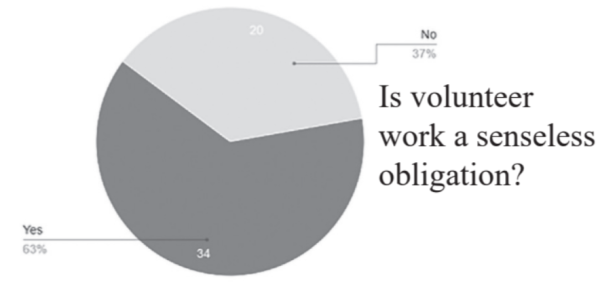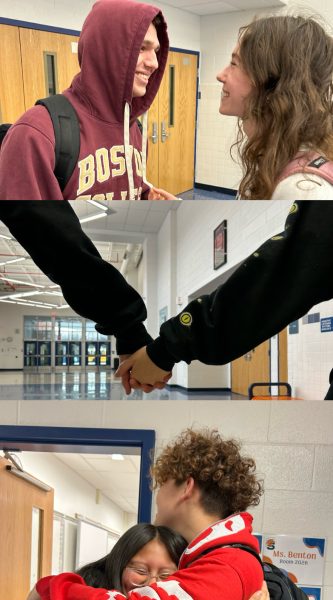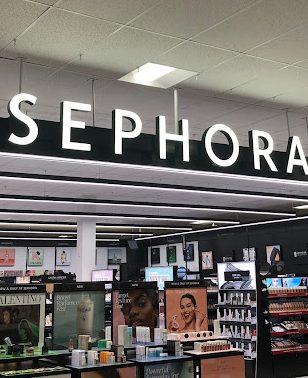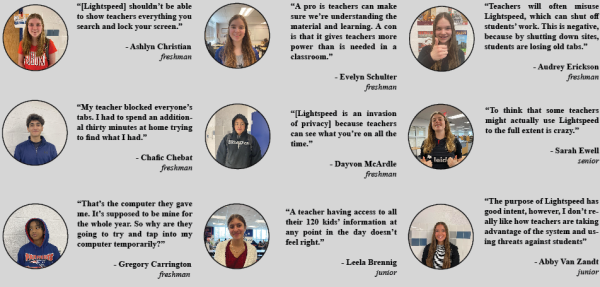BeReal or BeFake
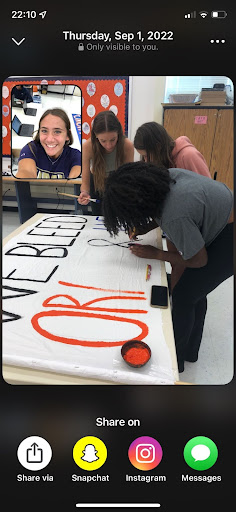
Photo courtesy of Lexi Stein
The BeReal goes off at any time during the day, and each day it’s completely random. The leadership class was in the middle of making signs for the football game student section when their BeReal went off.
The notification pops up. Then there are two minutes to take a perfectly articulated photo with a preferred angle and lighting; two minutes to be real. Or just upload the photo within 24 hours, but don’t worry, the photo won’t be fake. Although, there are 24 hours to pick out an outfit, change venue, and perfect the photo.
The new BeReal app has taken over social media, claiming to be a ‘real’ platform with no editing and no specific cultivation. Just take a photo when the notification is sent.
Although that premise seems like a new alternative to the typical meticulously-curated social media streams, in practice, the app completely falls short of its goals, and social media remains what it always was and what it always will be: fake.
BeReal’s failure to create real online personas doesn’t stem from design flaws, although there are flaws, but rather from the culture of social media as a whole. Social media has always had photos, captions, comments, posts, and for you pages groomed for a particular purpose, often with the intent of making money.
Organizations and celebrities will present a perfect world through their accounts and create a desire within their viewers for that ideal life. Then a product or revenue stream will be introduced to the viewer that presents a way to achieve this goal. These pathways range from selling alcoholic products to creating flawless parties, to makeup and beauty products that will make people beautiful, and even to online classes that will teach people how to get rich. These companies are selling to those who yearn for perfection in their lives.
Due to the influence of affluent companies and celebrities, the everyday social media viewer has now adopted that mindset; for many, they find social media appealing because they strive to be the coolest, prettiest, and most popular person.
With BeReal’s gimmick of sharing just a single random photo from the day, users have now twisted the app’s intended purpose to instead show a perfect snapshot of their life that isn’t necessarily ‘real.’
Since BeReal allows a 24 hour wait time and unlimited amount of retakes, a large part of the culture involves waiting until the most exciting part of the day to take the photo, which results in curated streams that aren’t just random snapshots of people’s lives.
Although BeReal is more intimate than other platforms, with most people only adding their friends, it doesn’t change the fact that the app isn’t real.
This brings into question a bigger idea: do people even want ‘real’ social media? Social media is often used as some form of escapism. Its popularity wouldn’t have blossomed in the modern age if there weren’t exciting, fun things for people to dream of. If it was only boring photos would people even use the app?
In most cases, the automatic answer is no. Multiple accounts have pushed to be more transparent and transform their account to highlight the struggles of life. But even with popular influencers like Emma Chamberlain using this tactic, social media remains curated and fake because deciding which struggles to post and which ones to keep private is inherently non-transparent.
The experiences and struggles of everyday life can never be recreated through an online platform, and despite the efforts of BeReal, social media will never be completely real.

